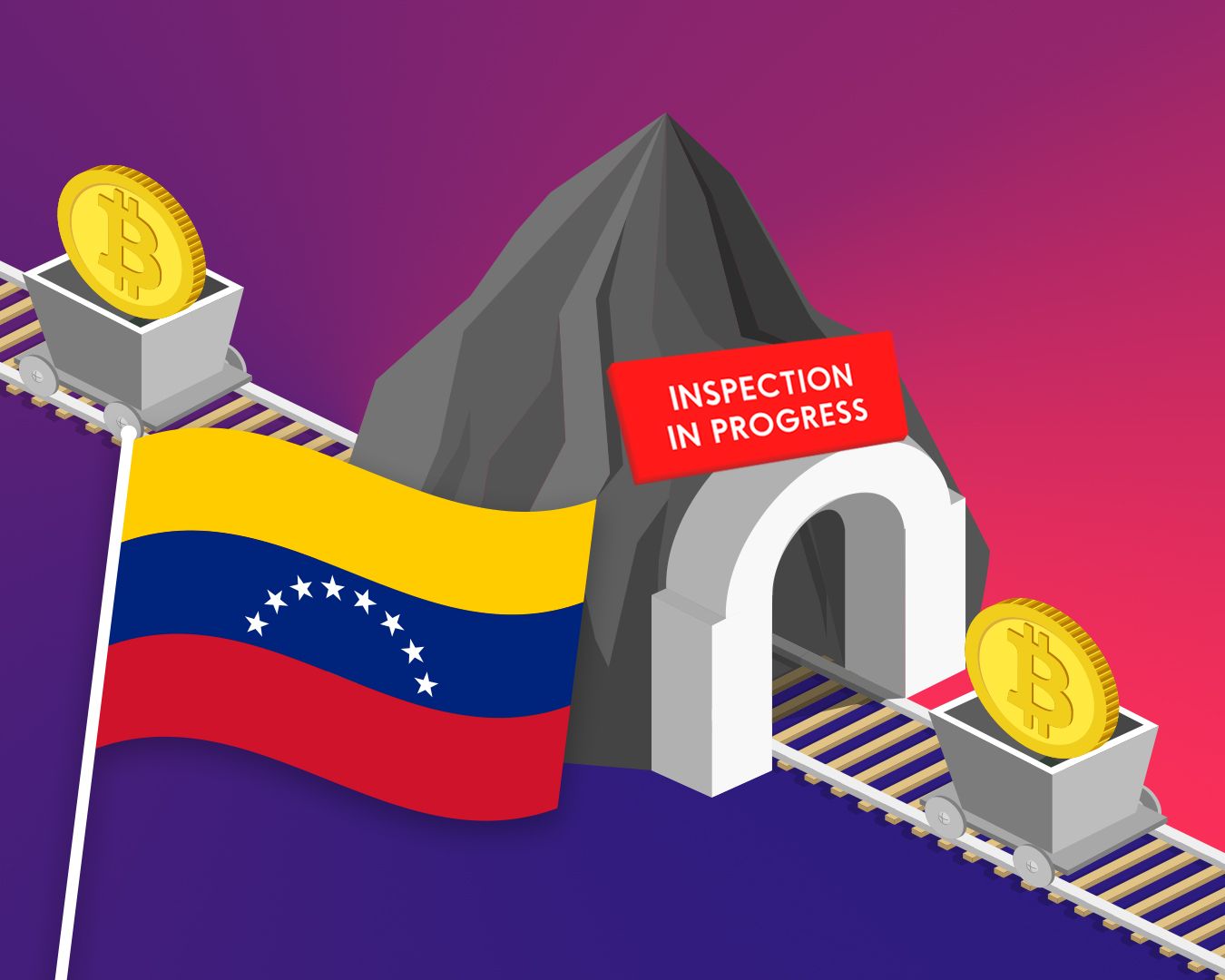Following economic turmoil due to hyperinflation, Venezuela is now clamping down on all crypto activity. Unfortunately, the country has lost the trust of their nation, with many turning to Bitcoin in the hopes of a more stable (personal) financial situation. Let’s uncover the story behind Venezuela issuing a new law regulating all Bitcoin mining.
Venezuela Law Regulating Bitcoin Mining
The South American country is experiencing one of the worst cases of hyperinflation in history, reporting an estimate of over 50,000,000% increase between 2016 and April 2019. This equates to the value of their local currency changing in a matter of hours, imagine the value of your salary changing from lunch to dinner time. At one point, Bitcoin was more stable than the Venezuelan bolivar. Many blame the government for the crisis, citing corruption, mismanagement and deficit spending as the root of the problem.
As a means to survival, Venezualans turned to the US dollar as well as cryptocurrency. While the US dollar held more stability than their local alternative, this brought up another issue regarding distribution. While many replaced the bolivar to use the US dollar, there was not always a lot of the fiat currency around, and businesses did not necessarily have the correct change or means to pay with the physical fiat. Many locals turned to Bitcoin, officially making Venezuela one of the countries with the highest Bitcoin usage rates in the world.
Crypto Spending Leads To Crypto Mining
One of the few benefits of living through this economic nightmare in Venezuela is their very cheap electricity. As Bitcoin mining uses much electricity to operate, and is often a costly endeavor because of it, this soon became a viable option for those in the country. One, as a means to earn a decent income not tied to the failing economy, and two, to be able to generate an income in a salary that was viable to use. But this all came to a halt recently when the Venezuelan government issued a law regulating all Bitcoin mining.
Venezuela’s Crypto Mining Decree
The state recently unveiled new laws pertaining to crypto miners across the country. While legalizing the act of crypto mining, they created many rules surrounding mining activities. Miners must now form part of a national crypto mining pool and report all activity and earnings to the authorities. Against the very core nature of cryptocurrency, the government is centralizing all mining efforts, and anyone who wishes to work outside of these new laws will face hefty fines and prosecution.
Those in charge have also put sanctions on all importing and manufacturing of mining equipment, and miners are now required to register and acquire crypto mining certificates before engaging in any activity. The government has established a Registry of Miners (RIM) that will be responsible for the processing of licenses.
According to one crypto-focused media company, “ASIC manufacturing, mining farm construction, the import of equipment, and the distribution of funds will all be regulated under the law, issued by the National Superintendency of Crypto Assets and Related Activities (SUNACRIP.)”
The government will now have control over any income earned by the national pool, as well as be responsible for distributing the miners’ fees.
Crypto Miners Are Not Pleased, Understandably
Many crypto miners have responded in outcry, not only because now they have to join a government-operated mining pool, but also with regards to having to disclose their income. Miners are saying that this will now make them more vulnerable to criminals and corrupt government officials.
Crypto entrepreneurs will now have to conform to the government’s already questionable leadership, as they will now be collecting taxes, be capable of freezing miners’ funds and delaying payment. There can’t be too many people content with Venezuela’s new law regulating all Bitcoin mining.
_________________________________________________________
Oobit Technologies Pte, 50 Raffles Place #37-00 Singapore Land Tower, Singapore (048623). is a company registered in Singapore (no:201716443G), that has been approved as Appointed Representative of Oobit Technologies OÜ, Harju maakond, Tallinn, Lasnamäe linnaosa, Väike-Paala tn 2, 11415, (no: 14852617 ). Which is authorized and regulated by the FIU (no: FVR001421 and FRK001304).
